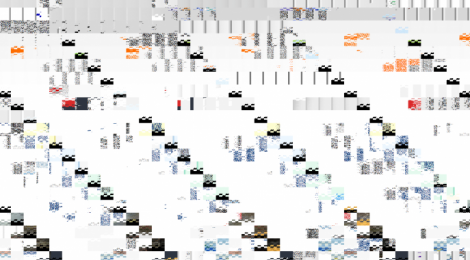
Technologies of Discontinuation—Towards Transformative Innovation Policies
The Rockefeller Family Fund announces to withdraw all investments in fossil fuel companies. Siemens gets rid of its nuclear segment. Germany exits nuclear until 2022. European Union phases incandescent light bulbs out within four years. The Minamata Convention is striving to ban mercury from all consumer products until 2020. The Norwegian Nasjonal transportplan suggests to completely prohibit new cars fuelled with Diesel and petrol until 2025. The list could be continued. It is not often that we witness the upswing of a particular governance, especially one that goes hand in hand with dropping technologies and daily routines that have been just normal for a long time.
We knew little about how socio-technical systems cease to exist and what it means to discontinue incumbent socio-technical systems in active ways. Through a series of case studies carried out in an international group of researchers over more than four years, we are in a position to show basic patterns and concrete case examples for how governance tackles the discontinuation of socio-technical systems in different countries and different (organisational, state and supra-state) levels. We show and compare the cases of DDT ban, incandescent light bulb phase-out, the exit from nuclear, as well as the hesitant, tentative steps towards prohibiting internal combustion engine from use in cars. This mix backward and forward looking, of tracing processes and sketching situations in which the opportunity occurs to give technical and political trajectories a different direction, is unique, for it combines in-depth analysis of socio-technical transition dynamics and the analysis of practical structures of governance-making purposefully aiming at these transition dynamics. This project integrates policy studies, sociology, economy, innovation studies, cultural history, and science & technology studies.
It deals with two simultaneous and inter-related topics (both new to some extent, from a scholarly and also a governance-making perspective): to better understand the phenomenon of discontinuation of technologies and socio-technical systems, as well as to understand the role of governance in this context. In particular, we focus on the de facto multi-level, multi-actor governance co-evolving with and stabilizing a socio-technical regime, and on what happens when it, on the one hand, destabilises, and, on the other hand, there are deliberate governance efforts to promote discontinuity of the regime (the socio-technical system and its stabilising governance). This leads to the question what the options and the limitations are of a deliberate governance of discontinuation of technologies and socio-technical systems, motivated by the desire to address one or more perceived particular societal ‘issues’. In order to do so, we introduce a ‘discontinuation governance streams’ heuristic. At the same time, we provide the reader with a set of useful overviews and practical heuristics that can help to recognise and understand discontinuation governance patterns also in other instances than the ones used as examples in this volume.
